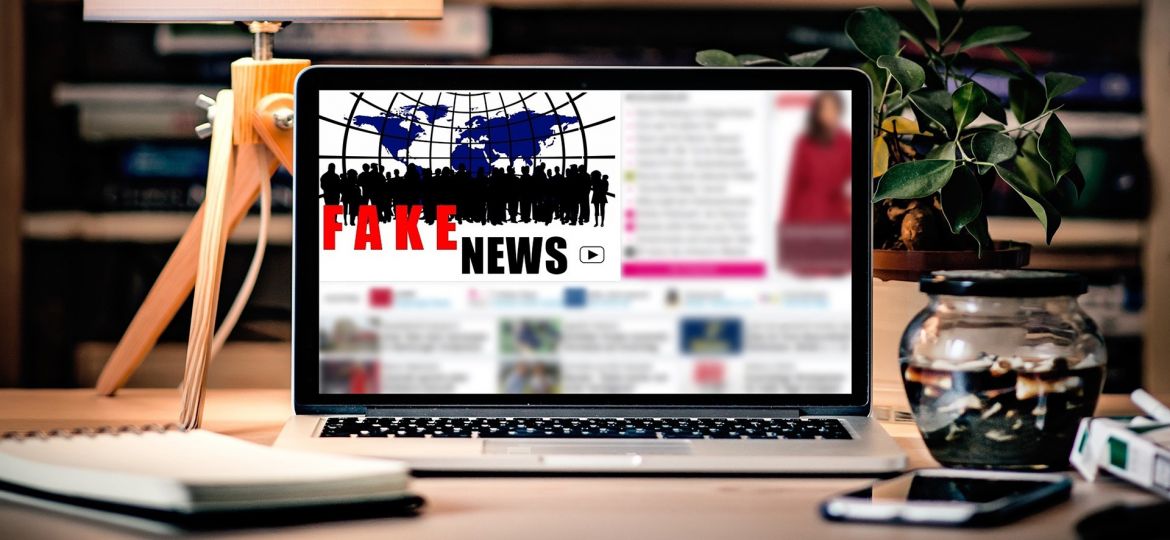

Fake newsHow can we combat the wave of fake news invading social media?
If you're someone who's often on social media, you've probably heard of the term fake news. As the name implies, the term refers to "fake news". That news you receive that, when you see it, doesn't match reality.
Social networks are considered to be one of the biggest repercussions of the fake news. With the possibility of sharing, they can become viral, sometimes even more so than real news.
But why does this happen? Generally, these news stories are made with the intention of causing some kind of identification, revolt or general commotion - whether positive or negative. This kind of reaction makes for more intense sharing. In short, they are designed to go viral.
Another major problem encountered with the fake news is the fact that many people end up sharing this news without even checking the veracity of the information. This creates a snowball effect, as more people receive the news from their friends and, as it is designed to go viral, they also share it as the truth.
Is there a way to combat these reports?
There always is. Facebook has already adopted some measures to reduce the reach of such news. WhatsApp, which also belongs to the Facebook group, has announced a new tool for warn when too many messages have been forwarded within the app.
What's more, there are several web portals dedicated to debunking this news. A simple Google search solves this problem. All you have to do is type in a few key words and you'll be directed to a link that confirms or denies something that has been published.
You have to be careful what you spread on the internet, because many things can take on gigantic proportions - even if you don't think so. Who hasn't received a message saying "I don't know if it's true, but I decided to share it"? Or who hasn't? I've done it myself. Today I am careful with every message I receive on social media, especially those that don't contain the link to the source of the article.
In the midst of so many fakes, the news change their attitude
For some time now, some of the big news portals (Folha and UOL, for example) have started charging for access. They limit you to a number of articles you can read during the month, and if you go over, you have to pay for access.
This is one of the ways that portals have found to not only earn an income, but also combat the fake news that circulates so fervently on the internet. I even believe that this will be the trend in the future. We're going back to a time when the only people who had access to the news were those who subscribed to newspapers or watched TV news. Now, in order to access a portal, you will have to pay, so you can have more guarantee and confidence in the content presented.
Is this the solution to the problem?
Whether this will be the key to solving the problem, time will tell. If today, when we have all the information free and open (for the most part), we still have major problems with the fake newsWhat will it be like when the portals are paid for?
How far will this payment guarantee true information or will it be the main reason for increasing the size of false information even further?
The way is to hope that, even if little by little, people become aware of the problem, understand that spreading fake news is also a crime and that there is a lot to lose with this type of information, if we can call it that.

